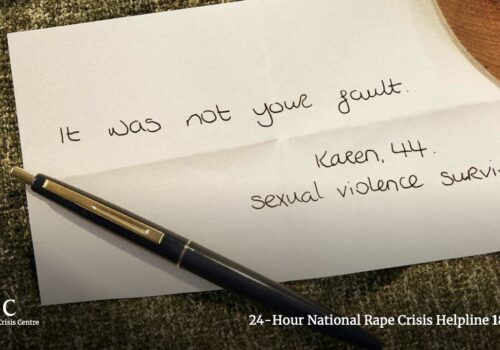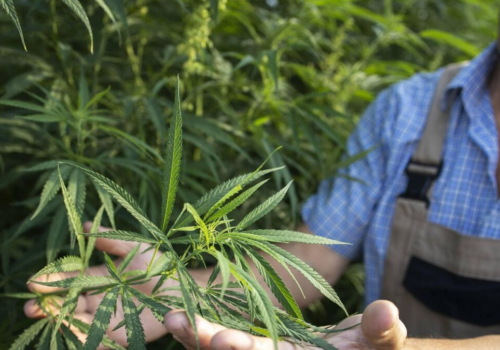How Much is Too Much: Pint’s Edition
Words: Shamim de Brún
Images: George Voronov
The price of a pint went up this weekend. Unilaterally went up. All across the country at the same time.
A pint of Guinness is not just any ordinary drink. It’s a symbol of Irish culture and heritage, and we take our symbols very seriously. The price of a pint is like a barometer of the state of the nation. If the price is too high, it’s a sign that things are not right. You definitely had this conversation if you were celebrating our new banker on the mean streets. Repeatedly.
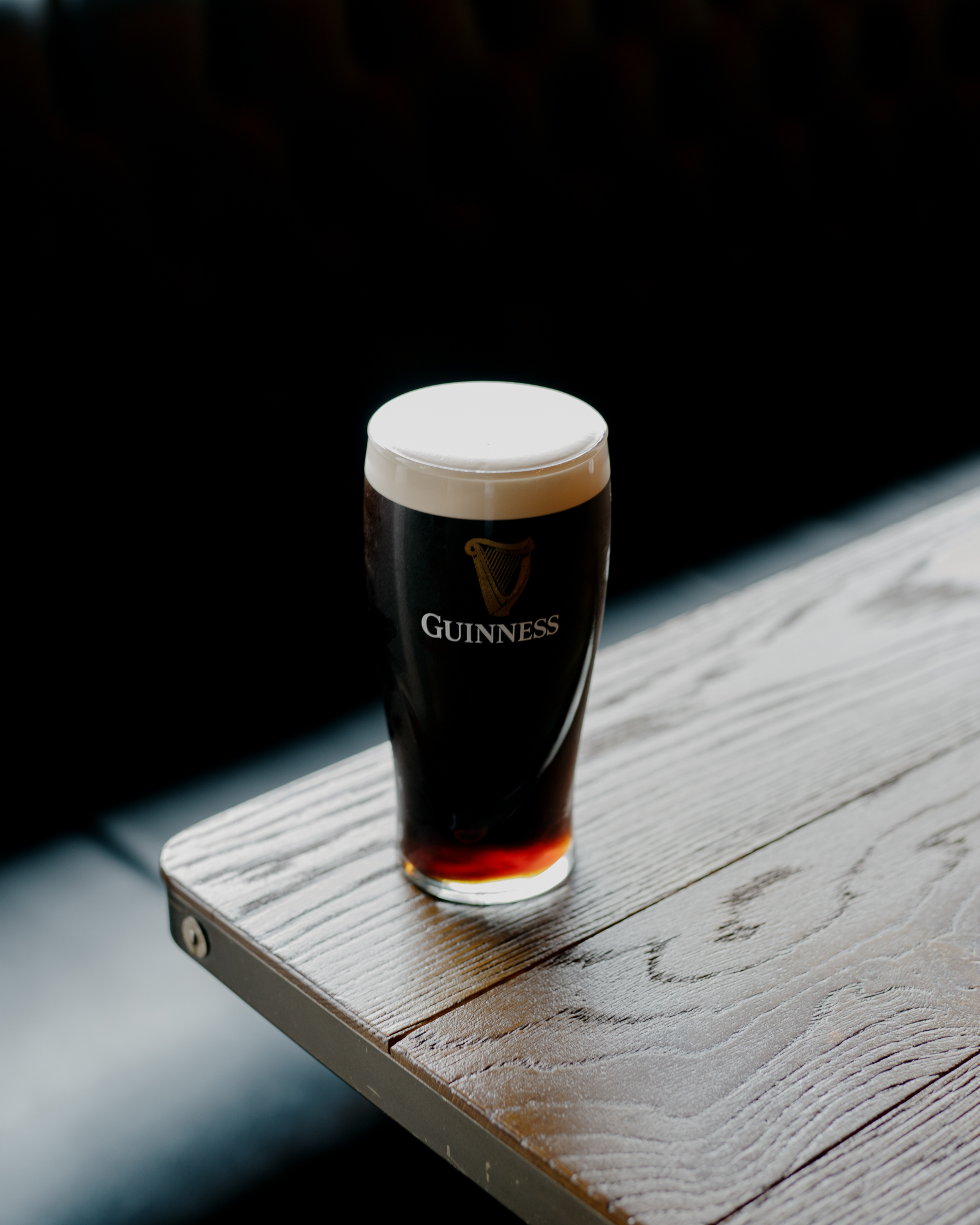
Alright, folks, gather ’round because we’re about to dive into the wild world of beer economics. Last week, Diageos much maligned 12 per cent increase in the wholesale price of Guinness came into effect.
According to the big wigs, Guinness, like many businesses in Ireland, is facing significant inflation in input costs across its operations. In a statement made to The Journal, a spokesperson said, “We have absorbed these costs for as long as possible, but unfortunately, we can no longer continue to do so”.
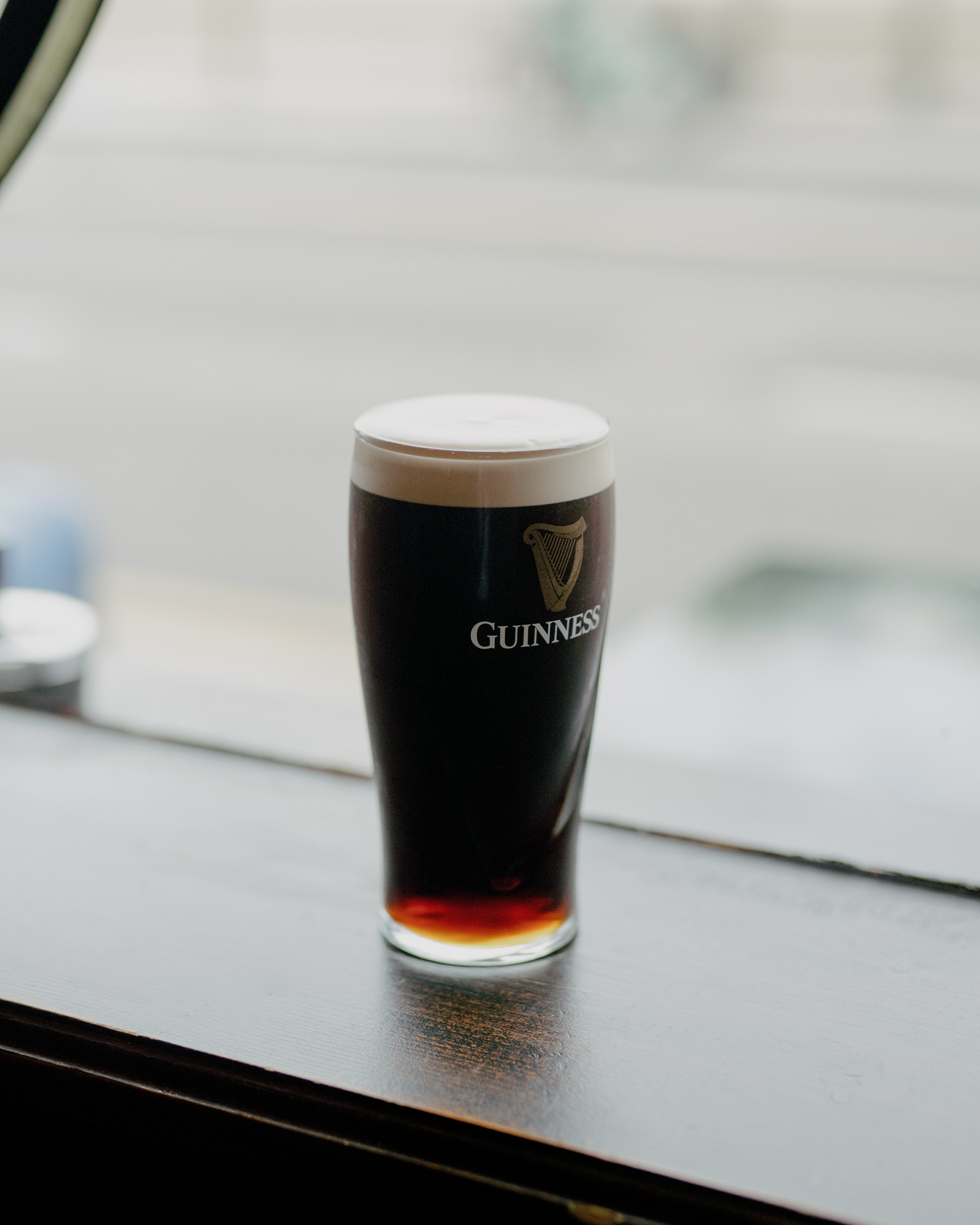
With Guinness, like all things, you have the cost of the ingredients, which went up. The cost of labour went up at every level because of the rise in the minimum wage. Also, Diageo increased its wages to match the cost of living crisis. And you have the cost of production. And the production of Guinness means electricity.

Last year the energy crisis came for the price of our pints. It costs a lot of energy to make beer. Brewing, packaging and refrigerating all run machines that use more electricity than the emersion and heating of all the rest of Dublin 8 combined.
But there is another massive barrier to affordable pints. Tax. Like the rest of us, Donal Fallon of Three Castles Burning podcast fame finds it more than “a little ludicrous” that we “can have a cheaper pint in London or Berlin” than within sight and smell of the Guinness brewery. This is because we have the highest rate of alcohol tax in the EU.
The Irish level of excise per pint of beer is €0.55. Compared to 21 EU countries, where it is less than €0.20. On top of that, Guinness is subject to the standard rate of VAT, currently twenty-three per cent.
The bottom line is Guinness production ain’t cheap. So when the price of good ingredients goes up and Russia manufactures an energy crisis, it affects the price. Combine that with the outrageous amount of tax we’ve been giving out about for years, and you have one expensive pinteen.
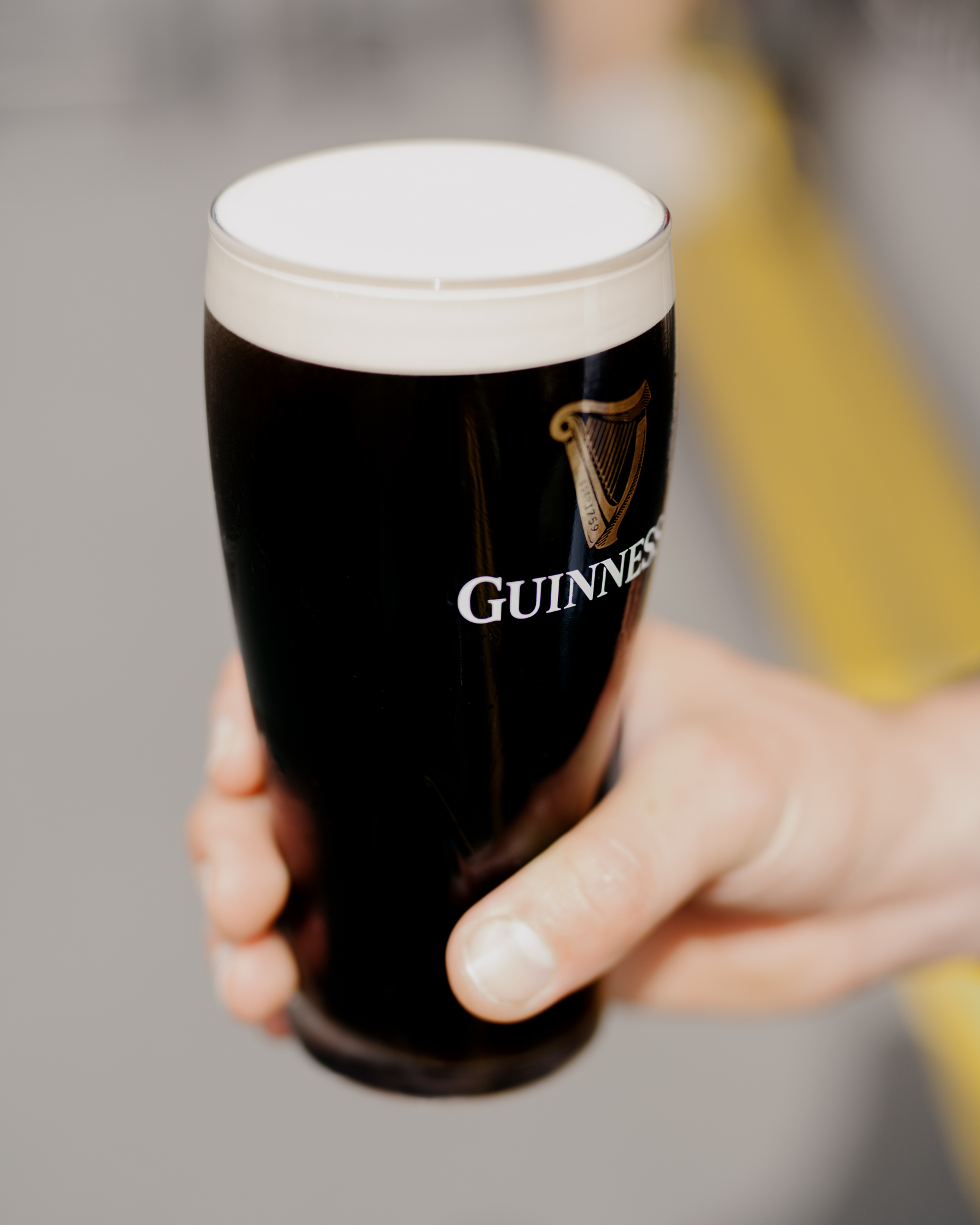

This is a familiar tune we have heard from every facet of every industry recently. Hence the “cost of living crisis” buzzword we’re all already sick of. But, unfortunately, the phrase already elicits the same level of eye-roll-tune-out as the word recession did to anyone doing their leaving cert in 2009.
There are so many variables in the overheads of a pub. For example, in one of the pubs Donal went to this week, he paid over six euros for a pint, but “there was really excellent traditional music with no cover charge”. These are the kind of extras the cost of a pint covers.
A pub like the Gravediggers, which is a gold-standard pub in every way imaginable, acknowledges the traditional nature of the pub with the pricing of the pint. There’s no Sky Sports subscription, television costs, or musicians to be paid. Instead, it’s a traditional, tellyless pub where the pints speak for themselves, and the price is firmly under six quid, even with the recent price hikes and adjustments.
Donal is right when he says, “Ultimately though, it isn’t the price of a pint that shapes our feelings around certain pubs. They all have unique atmospheres, and if the punter thinks that’s worth sixty cents more than a pub down the road, they’ll pay it – even if they’re out less”.
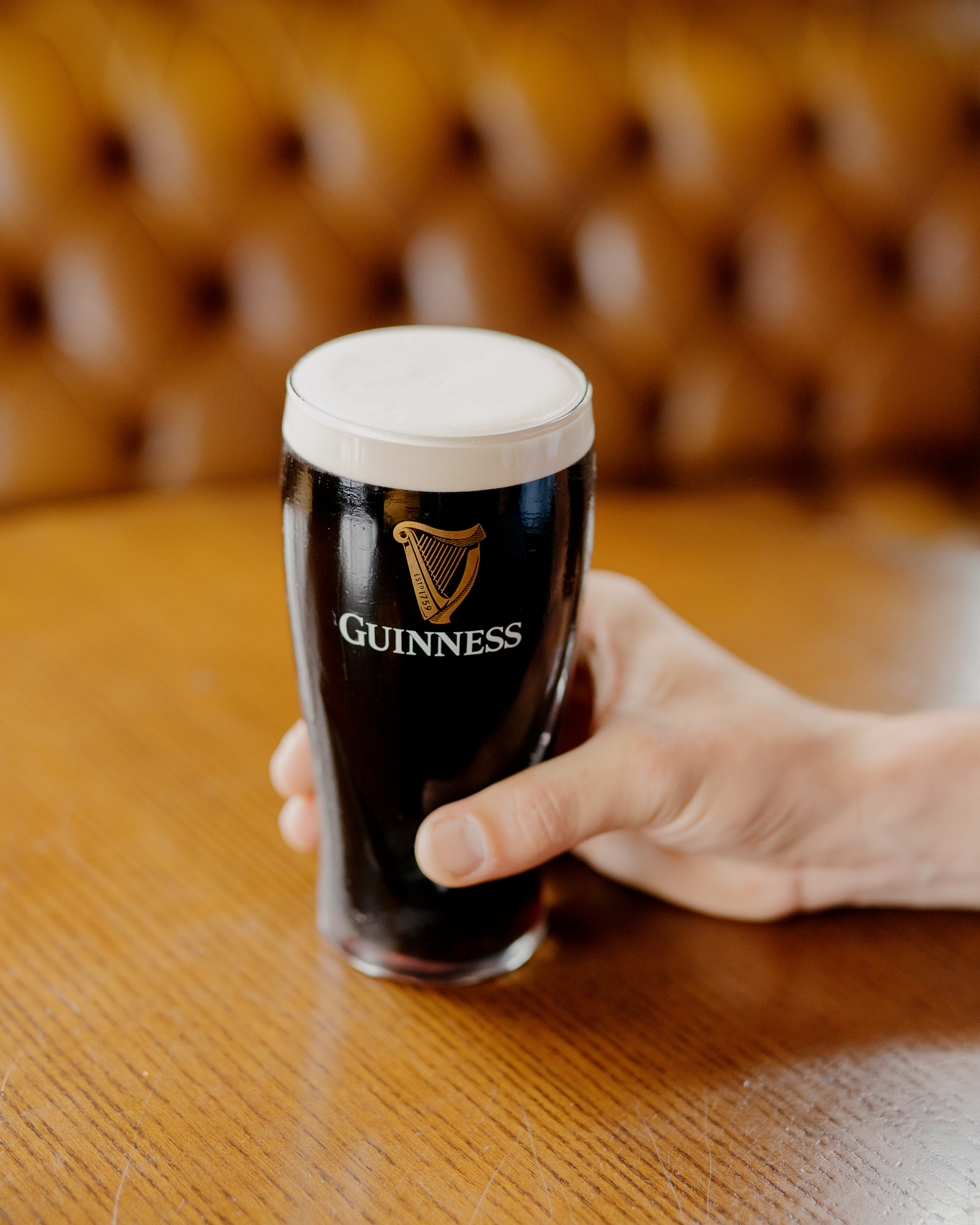

It isn’t radical to acknowledge the centrality of Guinness to Irish life. We have always measured how much something costs in pints. When chicken fillet rolls started to creep up to a fiver, we said, “ah, there’s no point when they’re the same price as a pint.” If you’re an hourly worker, you sometimes weigh a short shift’s worth by seeing how many pints it’ll buy you.
The cost of a pint is a standard unit of measurement, as Irish as a “fuck off” sized bag of chips. So we are very sensitive to its changes. We are so into the price of a pint you can actually buy a poster which chronicles the price of a pint since 1900.
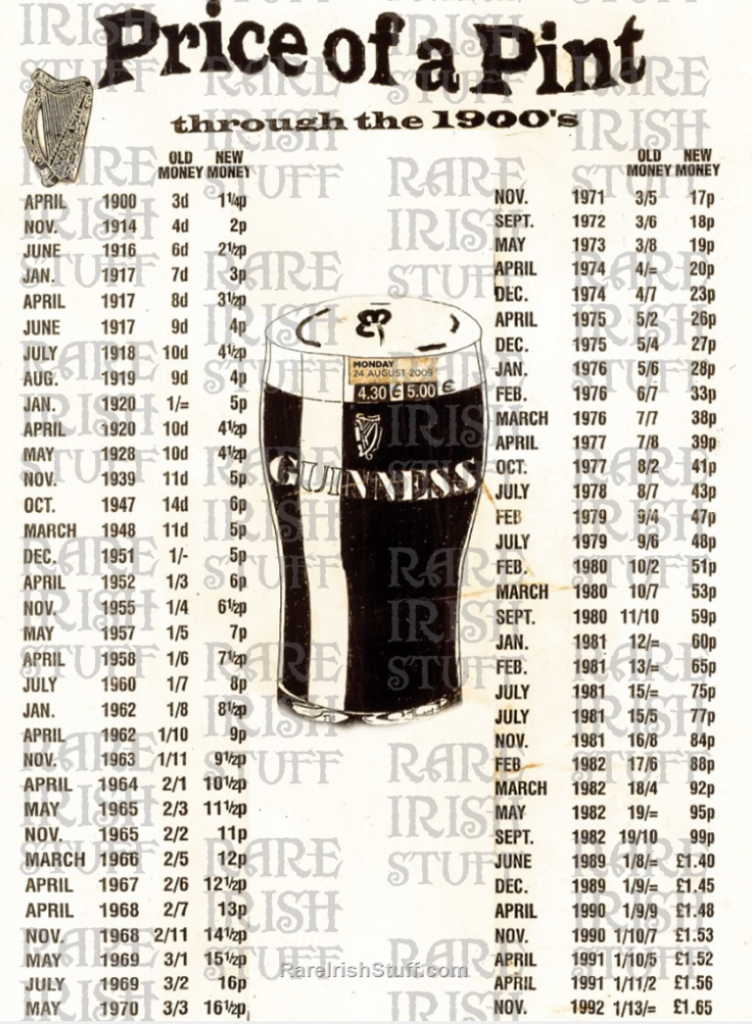




After years of negligible rises in Guinness prices, people don’t begrudge bars not being able to absorb a twelve per cent increase. But if it gets too expensive, students and those affected by soaring rents won’t be able to afford it. So Guinness will become a luxury product.
According to an unscientific poll on our Instagram, the tipping point is six euros. There are some die-hards for whom anything over a fiver will always be too much. They will never return if we can’t tackle the rental and staffing crisis.
But in many places, the price has gone over the six. It has tipped into six fifty and beyond in the areas we all know to avoid. Temple Bar and the like.
What will happen when cultural mainstays like Grogan’s price out the youth? Where will Dublin end up? Where will Guinness be?
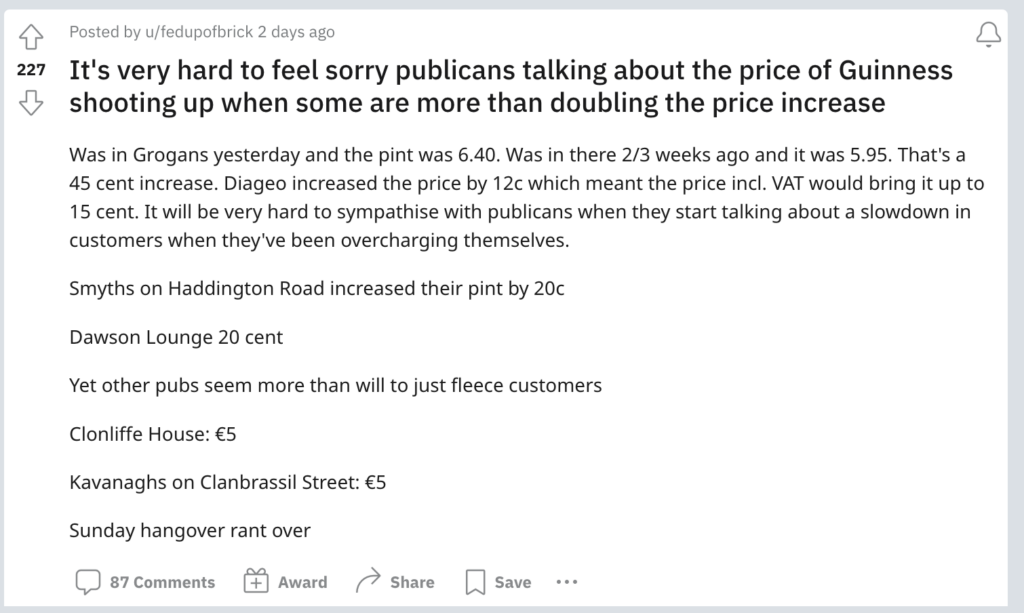

Elsewhere on CHAR: Dublin’s Ultimate Pint


